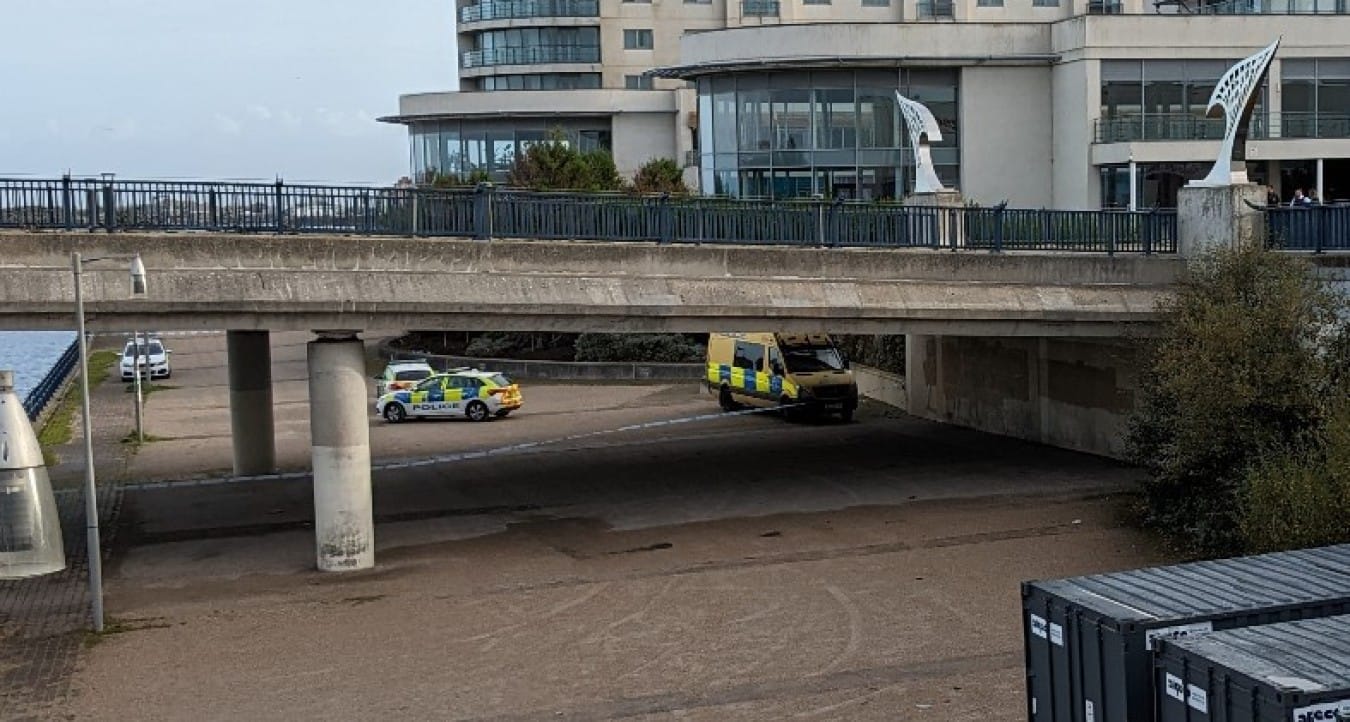The recent mass shooting at the Campus Risbergska adult education center in Örebro has left Sweden in mourning and sparked a broader conversation about the nation’s gun laws. The grim reality of the event—where a lone gunman claimed the lives of ten individuals and injured several others—has pushed the government to take concrete steps to address gun violence. This incident, described as the deadliest shooting in Swedish history, has acted as a catalyst for change.
Sweden’s current gun laws are among the strictest in Europe, with prospective owners required to undergo extensive background checks, pay high application fees, and justify their need for a weapon. However, the tragic event has underscored significant gaps in the system, prompting the Swedish government, led by Prime Minister Ulf Kristersson, to propose tightening restrictions even further.
The Örebro Attack—A Nation Shaken
The shooting unfolded on an otherwise ordinary day in the central city of Örebro. A gunman with legally obtained firearms opened fire at the Campus Risbergska center, targeting students and staff indiscriminately. Among the victims were seven women and three men, all ranging in age from 28 to 68 years old.
Emergency responders were quick to arrive on the scene, but the enormity of the tragedy soon became clear. Witnesses described scenes of chaos and despair, with survivors recounting the harrowing moments of their escape. Authorities have since launched an investigation into the gunman’s motives, with preliminary reports suggesting a history of mental instability.
Prime Minister Kristersson, addressing the nation, called the attack “a dark day in Sweden’s history” and vowed that such an event must never be repeated. He emphasized the urgent need for legislative reforms to address gun-related violence, which, while rare in Sweden, has increased in frequency in recent years.
Proposed Legislative Changes
The government’s proposed reforms aim to strengthen the existing framework for gun ownership, making it even more difficult for individuals to obtain and retain firearms. Key among the proposed changes is a more rigorous background check system. This would not only examine an applicant’s criminal history but also delve into mental health records and social behavior.
Another major reform under consideration is the restriction of access to certain types of firearms, particularly semi-automatic weapons, which can cause significant harm in a short span of time. While these weapons are already subject to strict regulations, the new laws would further narrow the circumstances under which they can be acquired.
Additionally, the government is exploring the possibility of mandatory training and psychological evaluations for all gun owners. Officials believe that these measures could significantly reduce the risk of firearms falling into the wrong hands.
A Broader Context
The tragic incident has also prompted debates about the broader societal factors that contribute to gun violence. Although Sweden has one of the lowest rates of gun-related deaths in the world, isolated events like the Örebro shooting highlight vulnerabilities in the system.
Experts note that while the country’s restrictive gun laws have proven effective in the past, they are not immune to exploitation. The ease of access to firearms through legal channels, combined with a growing black market fed by organized crime, poses challenges to authorities.
This is not the first time Sweden has grappled with a mass casualty event. Over the past decade, the nation has experienced incidents of violence at schools and public spaces, though they rarely involve firearms. The Örebro attack, however, has served as a wake-up call, underscoring the urgent need for a holistic approach to tackling violence.
Public Reaction and International Implications
The public’s reaction to the proposed legislation has been largely supportive, with many citizens expressing relief that the government is taking decisive action. However, some gun owners and advocacy groups have raised concerns about potential overreach, arguing that further restrictions could unfairly penalize law-abiding citizens.
Internationally, Sweden’s move to tighten gun laws has drawn attention from other nations grappling with similar issues. Observers note that the Swedish model could serve as a benchmark for countries looking to strike a balance between individual rights and public safety.
As Sweden mourns the lives lost in Örebro, the government’s commitment to reform offers a glimmer of hope. The proposed changes, while unlikely to erase the pain of the tragedy, aim to ensure that such an event is never repeated. By prioritizing safety and addressing the root causes of gun violence, Sweden hopes to prevent future tragedies and foster a safer society for all.


